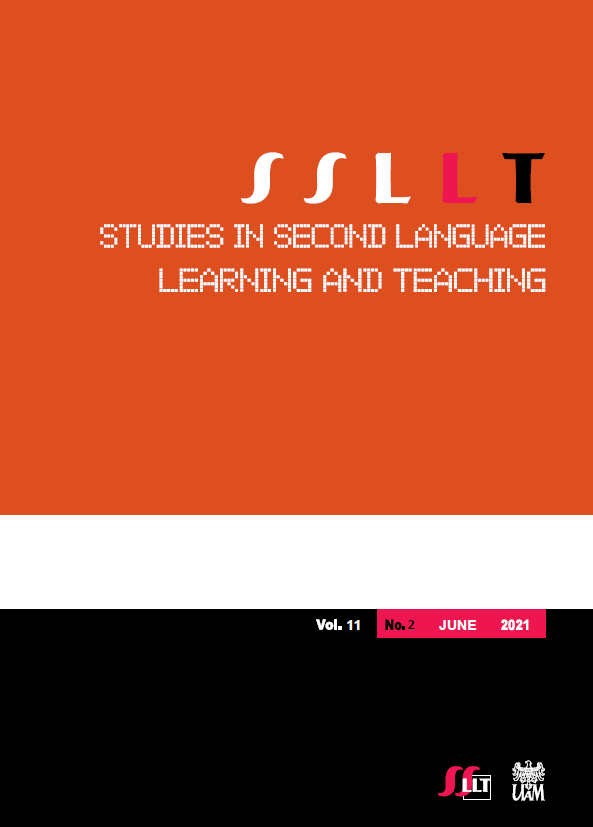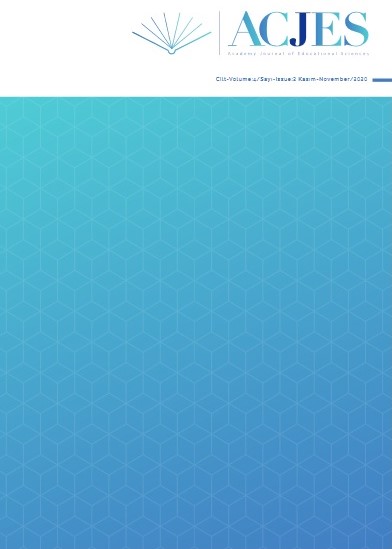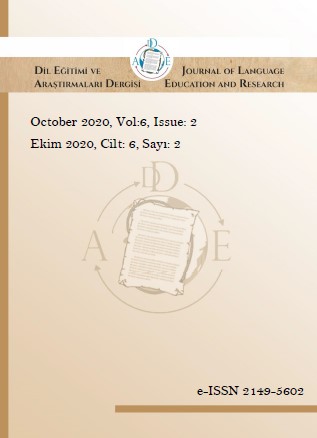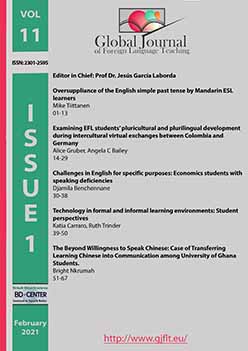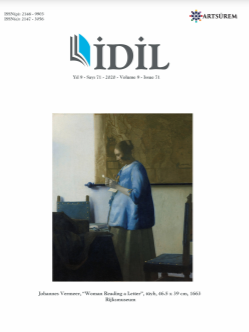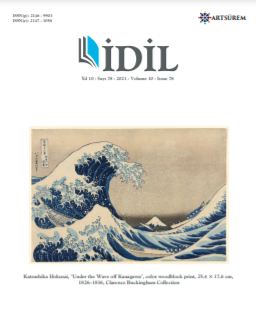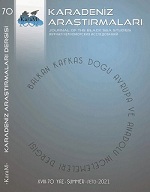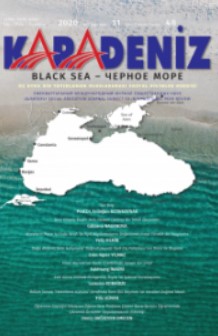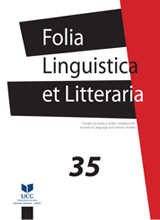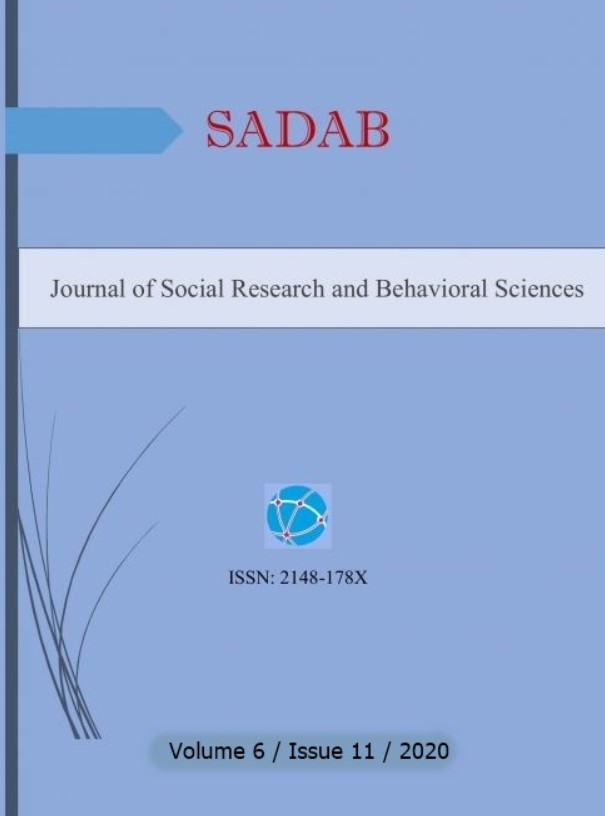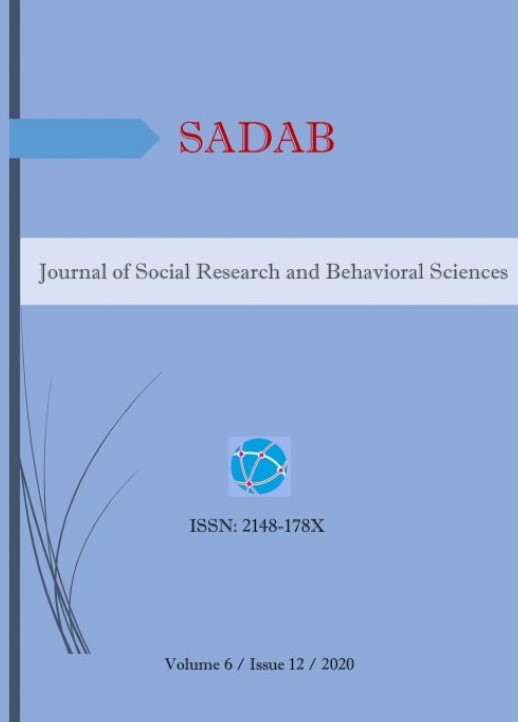Author(s): Gülnaz Kurt / Language(s): Turkish
Issue: 71/2020
In the present study, the role of TV advertisements, which are prepared by blending the cultural, social, and linguistic elements, in language education, how to transform them into course material, and the results obtained by using the transformed material in language education are discussed. For this purpose, a qualitative research pattern consisting of two steps was employed in the situation analysis. In the first step, the teacher candidates who have been theoretically informed were asked to prepare 5 exercises on the Toyota car advertisement to be used in language education. Among 140 exercises obtained from the experimental study, the similar ones were eliminated using the content analysis method, classified within the fundamental language skills, and 37 sample exercises were obtained. In the second step, the same advertisement was used in the course for 9th-grade secondary school students and the course was videotaped in order to objectively analyze the course. Watched twice in the class, the advertisement was discussed in German language and, in case of expressional deficiency problems, in Turkish language. Among the exercises addressing different skills and prepared by the teacher candidates, 10 exercises were first implemented individually first and then together with class. At the end of course, 5 structured questions prepared for the focus group discussion were conducted with students and their opinions were assessed by taking voice records. It was determined that the TV advertisements can be easily transformed into course materials, that they can be used at every level and in developing 4 fundamental language skills, that they increased the students’ motivation since they are fun and pleasant to use, that they successfully teach the speaking-body language and culture of the target language, and that they make it easier to teach the words. For these reasons, it was concluded that TV advertisements should be used in foreign language education gradually more widely.
More...

